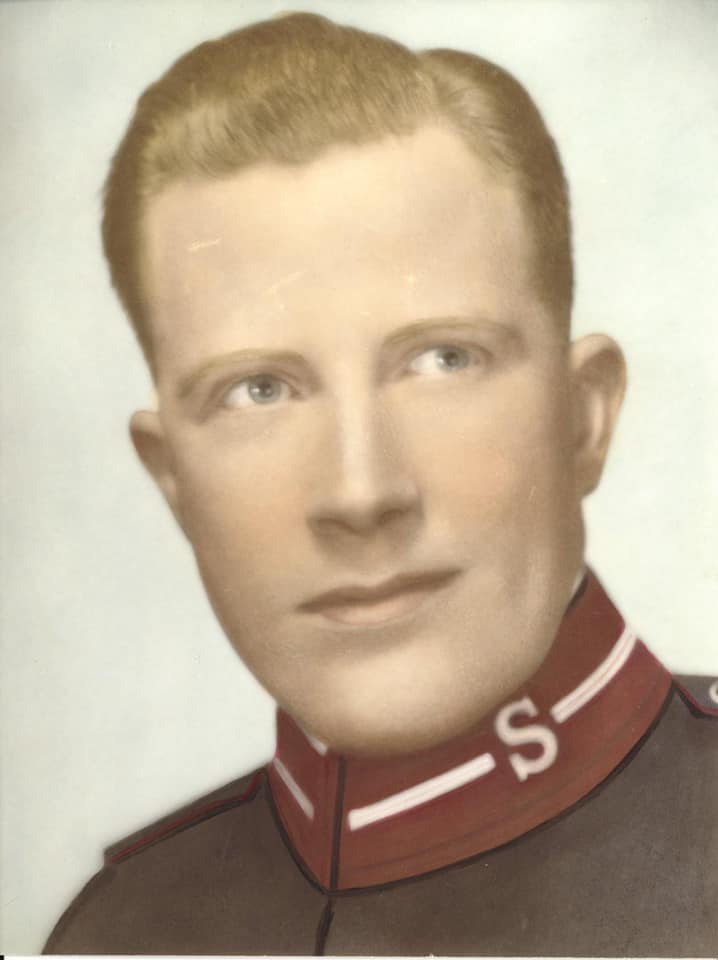News / History
Discovery of shipwreck has a local connection
Brunswick composer Arthur Gullidge was among more than 1000 men lost aboard the Montevideo Maru in 1942


Left: the Montevideo Maru (source: Creative Commons via Wikileaks); Right: Arthur Gullidge.
Mark Phillips
THE discovery of the sunken warship Montevideo Maru just days before ANZAC Day has a poignant connection to the community of Brunswick.
Seven bandsmen from the Salvation Army Citadel in Albert Street lost their lives when the ship was torpedoed during World War Two. The bandmaster was acclaimed composer, Arthur Gullidge.
The men had signed up together to serve the war effort as stretcher bearers and musicians. They were posted to Rabaul in Papua New Guinea as part of the 2/22 Battalion. When the Japanese invaded they were taken as prisoners of war.
Along with over 1000 other prisoners and civilians, they were placed on board the Montevideo Maru, bound for the Chinese island of Hainan.
In a tragic irony, the ship was fired upon by an American submarine, unaware that it was carrying allied POWs and civilians on July 1, 1942. The ship took just ten minutes to sink, resulting in the loss of 1054 lives.
Due to wartime secrecy, the family members of those who lost their lives were not notified until the end of World War 2, some three years later.
The exact location of the ship has remained a mystery, until it was announced on 23 April that a team of underwater search specialists had located it 4000 metres below the surface of the South China Sea. The ship will not be recovered out of respect for those who lost their lives.
Get more stories like this delivered to your inbox
Among those to lose their lives was Arthur Gullidge, an acclaimed composer and arranger of brass band music, who was 33 at the time of his death.
According to The Salvation Army’s official history, Gullidge was born in Broken Hill and brought up in a Salvationist family in Tasmania and was appointed bandmaster of the Brunswick Corps in his late-teens.
He composed music for both The Salvation Army and a secular publication, the Regal Brass Band Journal, under the name of W. Arthur Greendale.
After enlisting at the outbreak of World War Two along with other Brunswick men, he composed his most important piece of music, ‘Divine Communion’ while station at Rabaul but sadly never lived to see a printed manuscript.
“The loss of the bandsmen is a significant aspect of the Brunswick Corps of The Salvation Army’s history,” said Lieutenant Alison Templar, the commanding officer at the Brunswick citadel.
“For a community to lose seven of its fine young men in one incident was a tragedy.
“The memory of Arthur Gullidge and his fellow bandsmen is honoured and treasured by The Salvation Army, and especially here at Brunswick.
“The discovery of the Montevideo Maru will bring peace to relatives who finally know where these young men are resting.”
